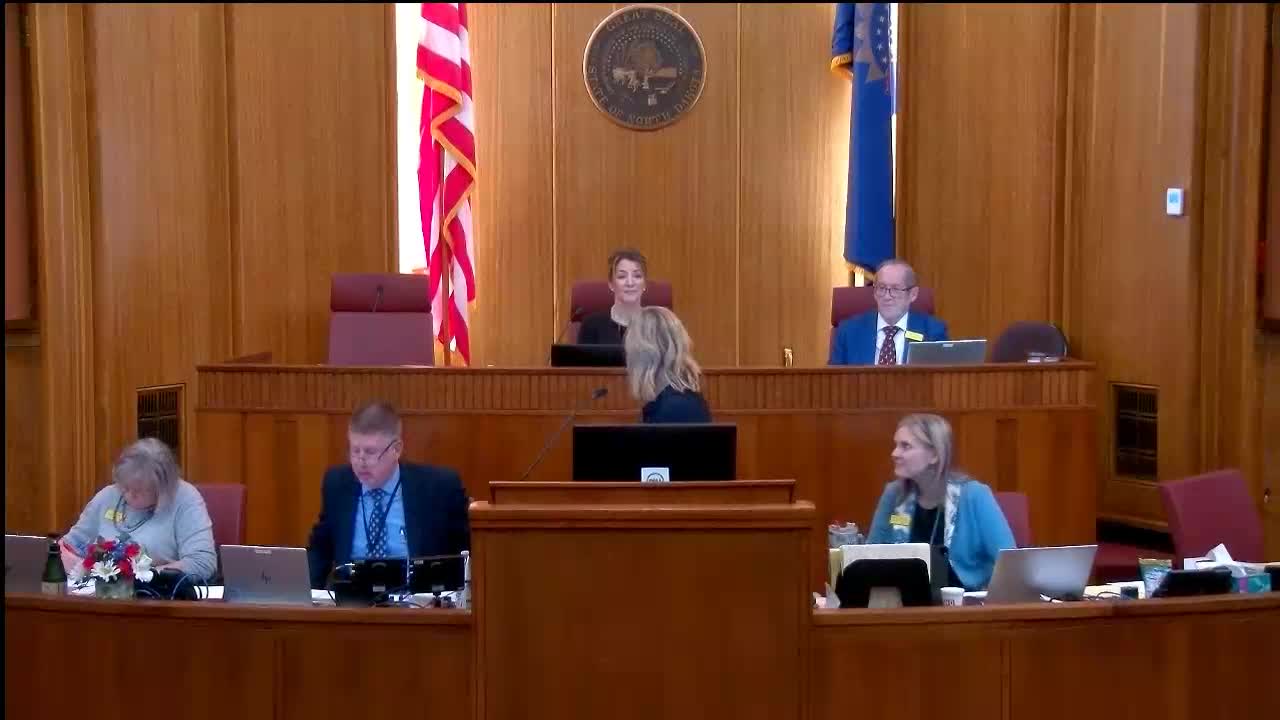Article not found
This article is no longer available. But don't worry—we've gathered other articles that discuss the same topic.
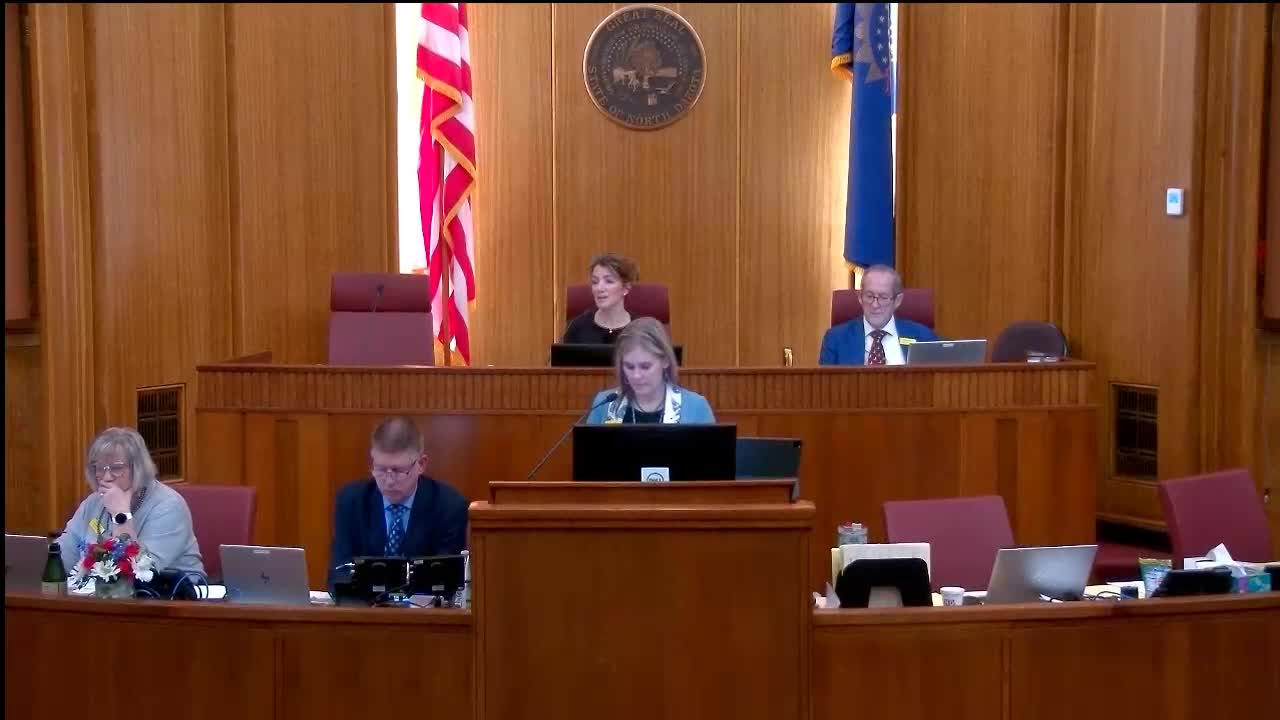
Votes at a glance: key Senate actions Feb. 18, 2025
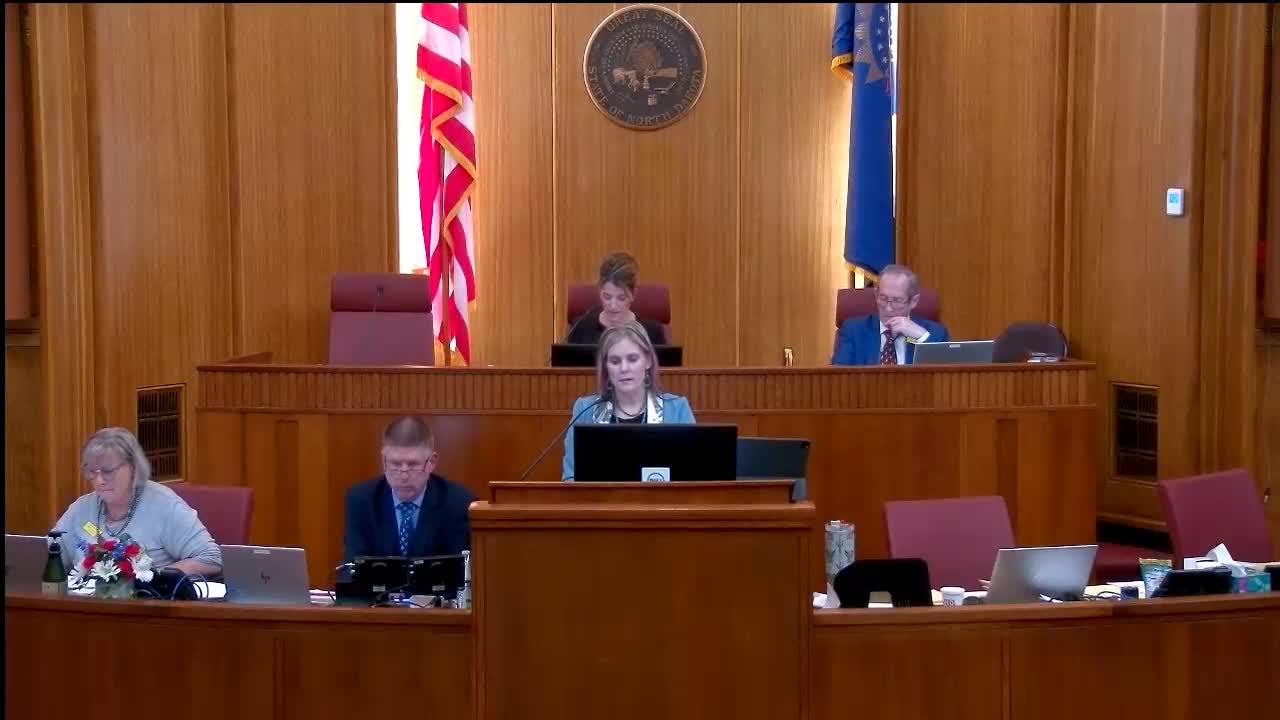
Senate approves reduced appropriation for regional psychiatric treatment programs after amendment
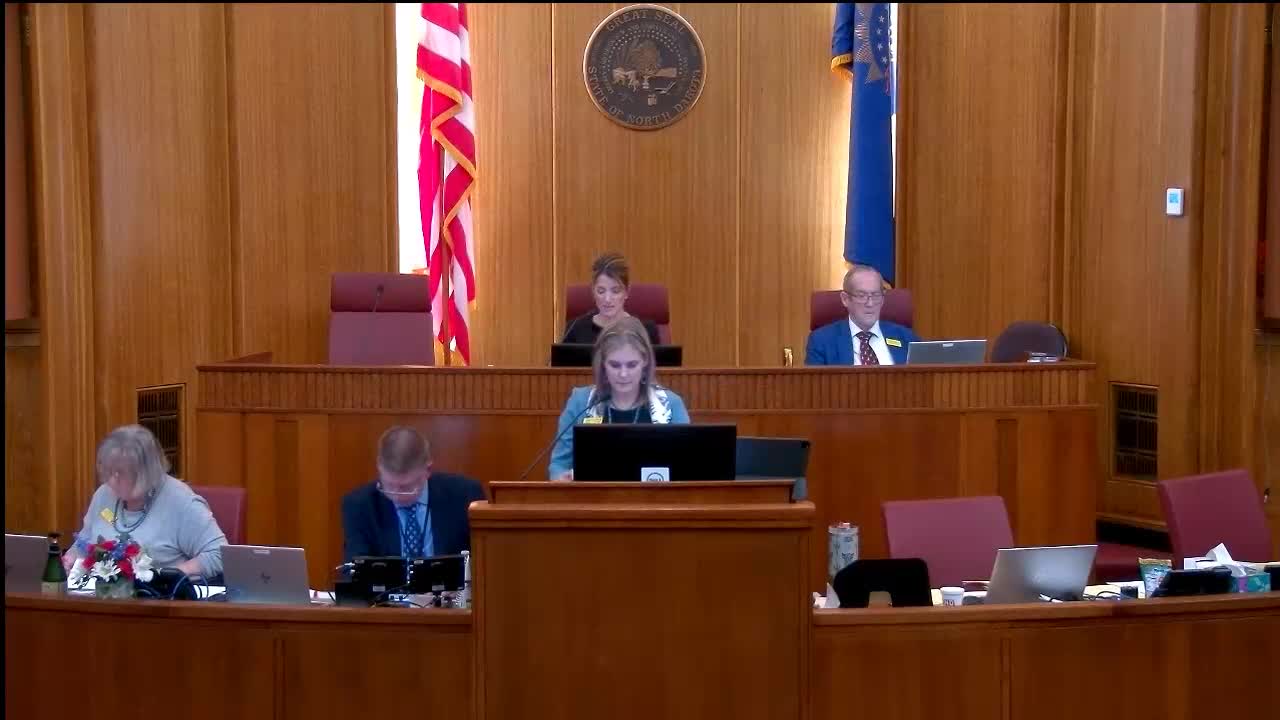
Senate rejects bioscience research grant bill after floor amendment and heated debate
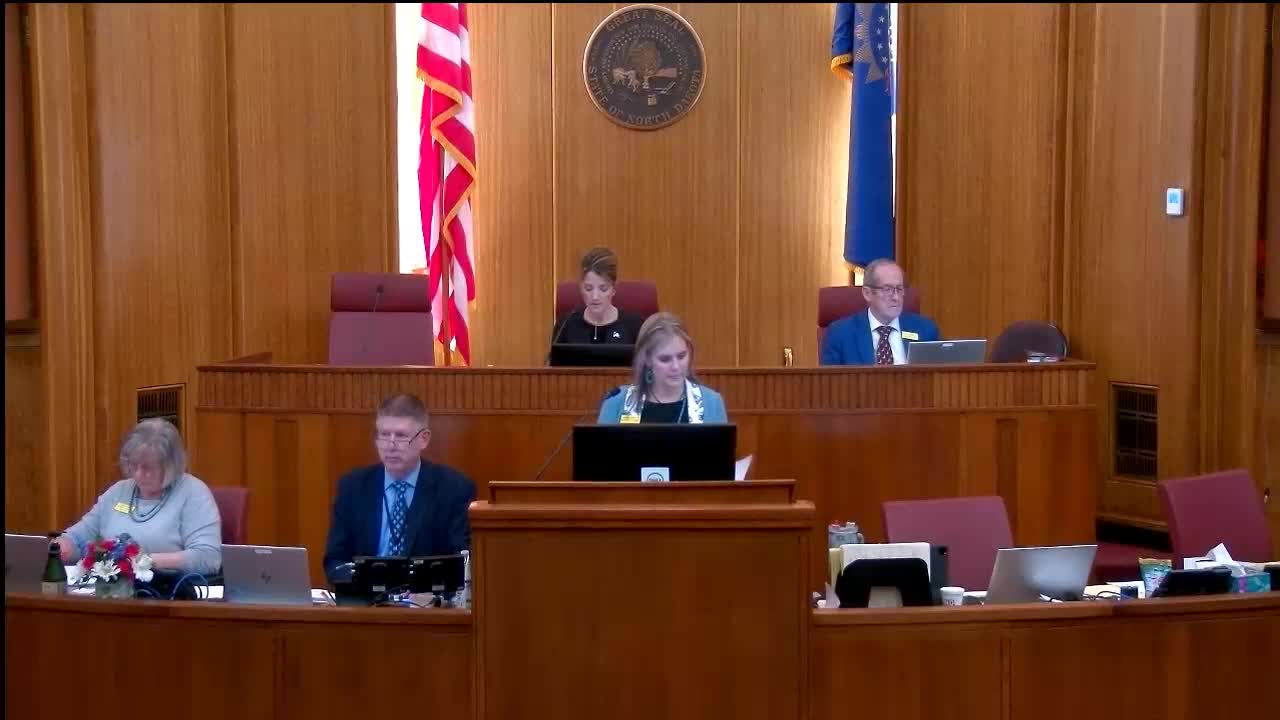
Senate advises and consents to Donald Campbell for State Board of Higher Education, 46–0–1
